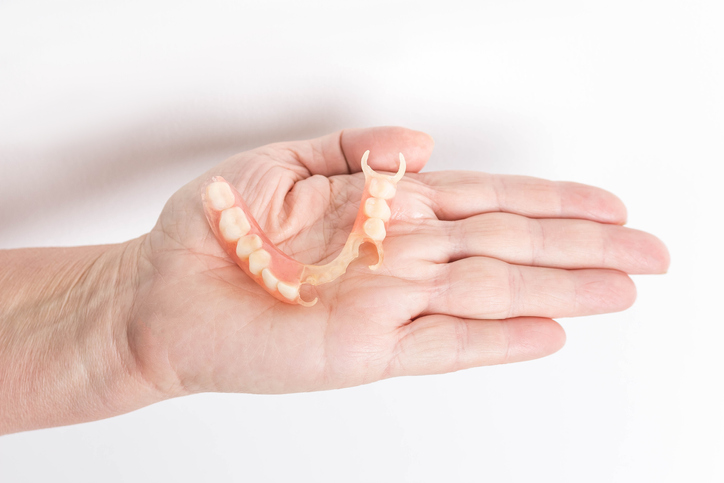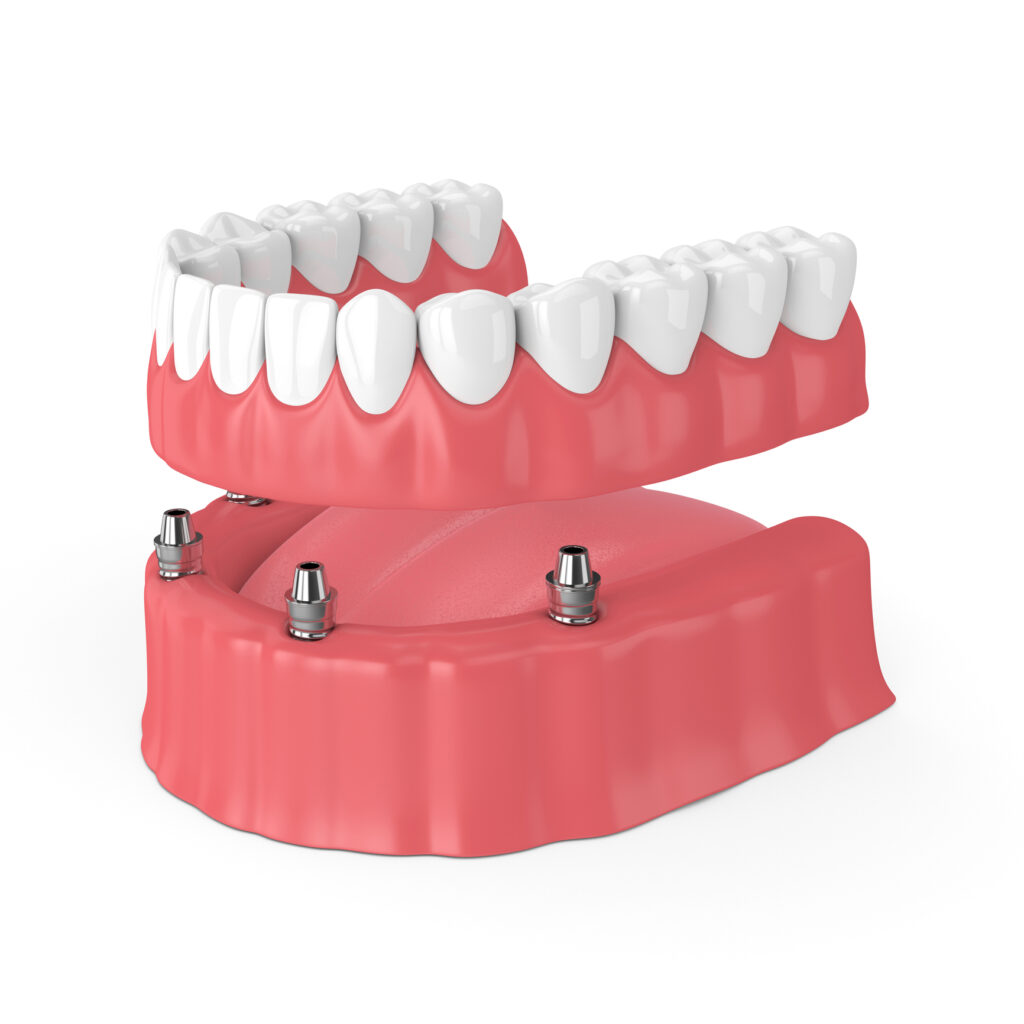Are dental implants the best choice for replacing missing teeth?
While dental implants are often hailed as the gold standard, there are several reasons why individuals may seek alternatives.
Other details, such as cost, personal preference, or specific oral health conditions, are important to consider.
This article will cover various alternatives to dental implants and analyze their advantages and disadvantages.
By examining these alternatives, you can make an informed decision about your oral health. But before we explore them, let’s first understand what dental implants are and why they are highly regarded in dentistry.
Alternative options for dental implants
Dental bridges
Dental bridges are a popular alternative to dental implants, especially for individuals with one or more missing teeth.
A dental bridge consists of one or more artificial teeth, known as pontics, anchored to adjacent natural teeth or dental implants.
The adjacent teeth are prepared by reshaping them to support the bridge.
Dental bridges are relatively affordable and can effectively restore the appearance and function of missing teeth.
However, they may require the alteration of healthy adjacent teeth, and their lifespan is typically shorter than dental implants.

Removable dentures
Removable dentures are another common alternative to dental implants.
They are a removable set of artificial teeth attached to a gum-colored plastic base.
Dentures can replace multiple missing teeth or a full arch of teeth.
There are two types of removable dentures: complete dentures, which replace all the teeth in the upper or lower arch, and partial dentures, which replace only a few missing teeth.
Removable dentures are relatively affordable and can provide functional and aesthetic benefits.
However, they may require regular adjustments, be less stable than dental implants, and affect speech and taste sensations.
Resin-bonded bridges
Resin-bonded or Maryland bridges are a conservative alternative to traditional dental bridges.
They typically replace a missing tooth in front of the mouth. Resin-bonded bridges consist of a pontic tooth fused to metal or porcelain wings on either side.
Resin cement binds these wings to the back of the adjacent natural teeth.
One of the advantages of resin-bonded bridges is that they do not require alteration of healthy adjacent teeth.
Mini dental implants
Mini dental implants are smaller versions of traditional dental implants.
They are designed for individuals with reduced bone density or limited space between teeth.
Mini dental implants have a narrower diameter and are easier to place to support dental crowns, bridges, or dentures.
The procedure for mini dental implants is less complex and invasive than standard dental implants, making it a suitable alternative for those not candidates for the traditional implant procedure.
However, mini dental implants may have lower stability and longevity than standard implants.

All-on-4 dental implants
All-on-4 dental implants are an innovative alternative for individuals who have lost all or most of their teeth.
This treatment involves the placement of four dental implants in the jawbone to support a full arch of fixed prosthetic teeth.
All-on-4 implants offer several advantages, including shorter treatment times, reduced cost compared to individual implants, and improved chewing function.
They also eliminate the need for bone grafting in many cases.
However, the success of All-on-4 implants relies heavily on proper case selection and treatment planning.
Factors to consider when choosing an alternative
When considering alternatives to dental implants, several factors should be taken into account:
Cost: Dental implants can be more expensive than other options. It’s important to consider your budget and insurance coverage when deciding.
Durability and longevity: Dental implants are known for their durability and longevity. Alternative options may have varying lifespans, and weighing their longevity against the cost and potential need for future replacements is essential.
Oral health condition: The overall health of your mouth, gums, and remaining teeth may influence the suitability of certain alternatives. It’s crucial to consult with your dentist to determine which option is best for your specific oral health condition.
Bone density and volume: The quality and quantity of your jawbone play a significant role in the success of dental implants. Alternative options not relying on osseointegration may be more suitable for individuals with low bone density or volume.
Aesthetic concerns: Consider how each alternative option will affect the appearance of your smile. Some alternatives may provide more natural-looking results than others.
Conclusion
While dental implants are considered the optimal solution for replacing missing teeth, viable alternatives are available depending on individual circumstances and preferences.
Dental bridges, removable dentures, resin-bonded bridges, mini dental implants, all-on-4 dental implants, and zygomatic implants offer different advantages and considerations.
It’s essential to consult with a qualified dentist or oral surgeon to determine the most suitable option based on cost, durability, oral health condition, bone density, and aesthetic concerns.
By exploring these alternatives, individuals can find a solution that effectively restores their smile and oral function.
Ready to explore dental implant alternatives? Discover your options today!
Or:
- Call us at: (985) 872-9470
- Email us at: [email protected]
Mark Bilello Family and Cosmetic Dentistry is located in Houma, LA, and welcomes patients from all the neighboring areas.